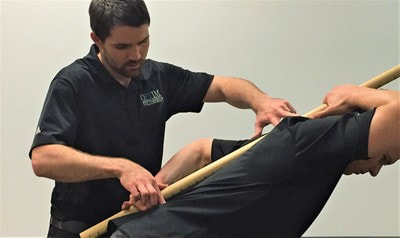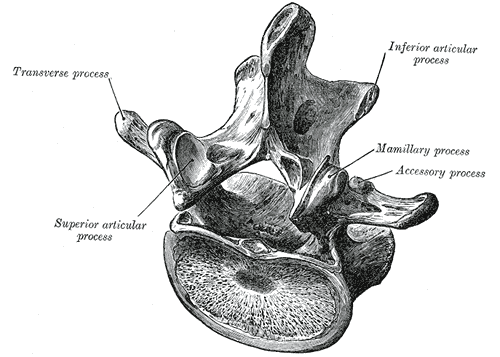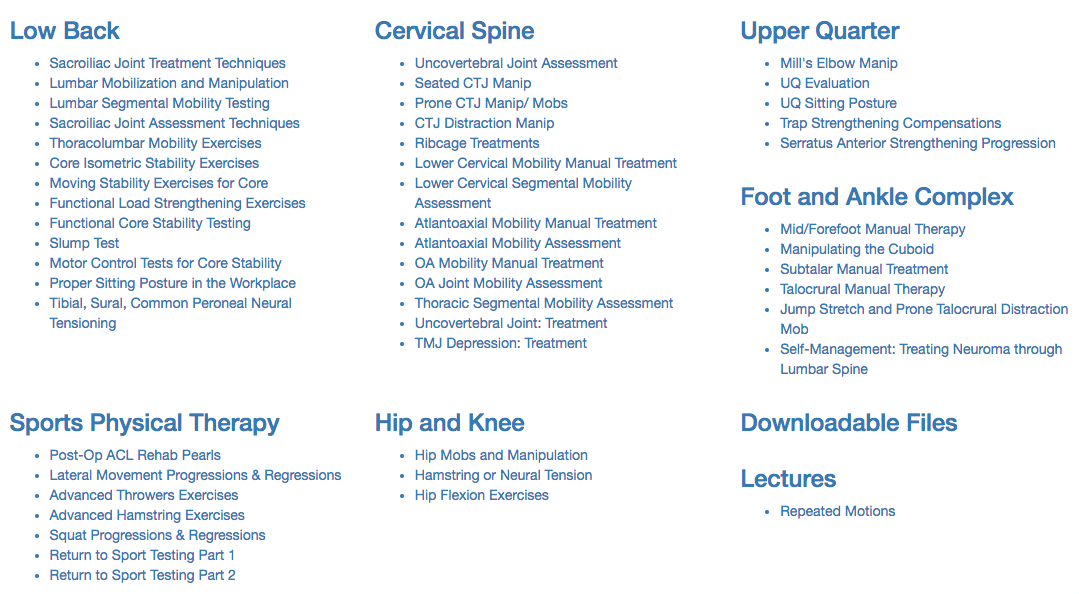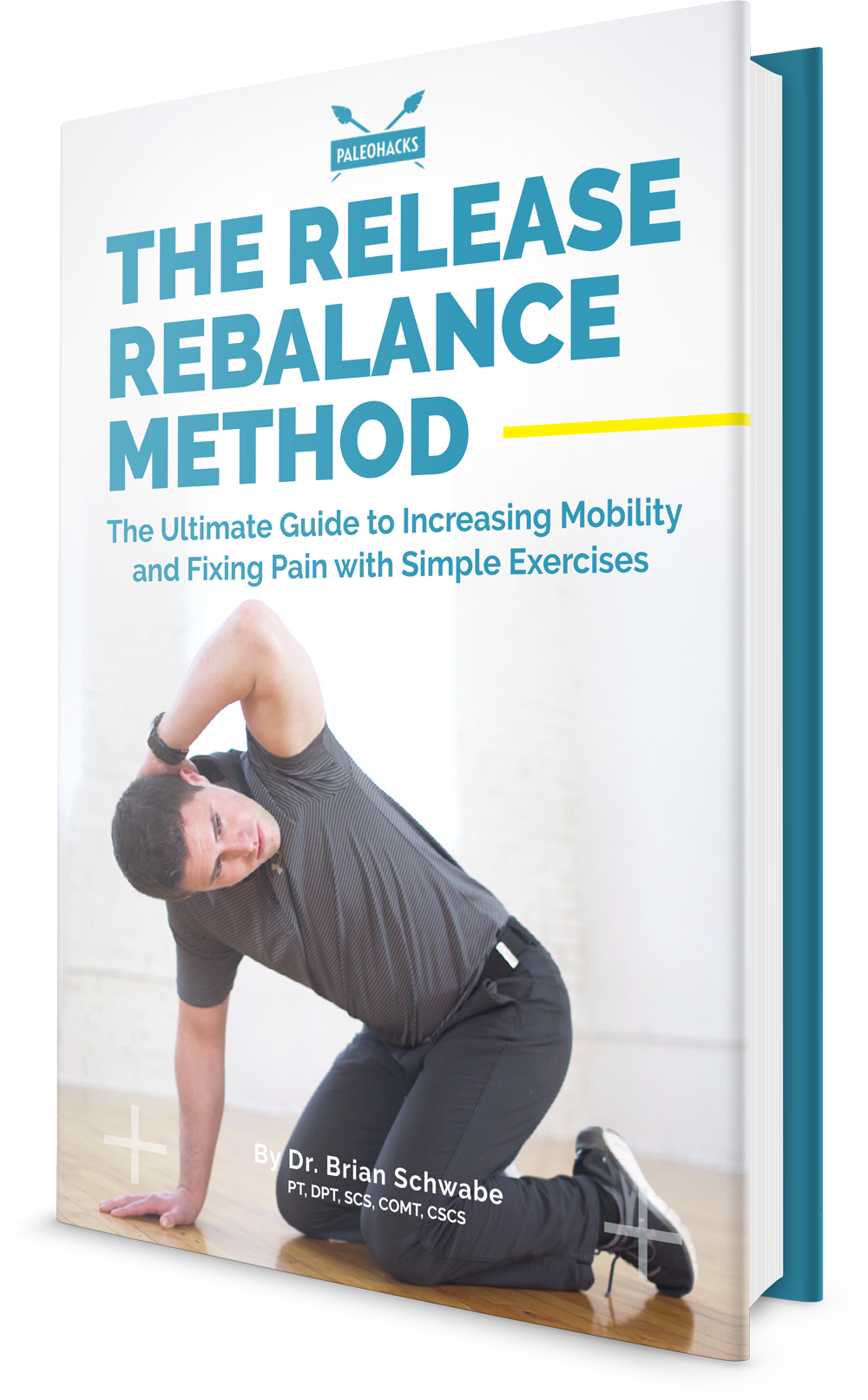- Home
- About Us
- TSPT Academy
- Online Courses
-
Resources
- Newsletter
- Business Minded Sports Physio Podcast
- Day in the Life of a Sports PT
- Residency Corner
-
Special Tests
>
-
Cervical Spine
>
- Alar Ligament Test
- Bakody's Sign
- Cervical Distraction Test
- Cervical Rotation Lateral Flexion Test
- Craniocervical Flexion Test (CCFT)
- Deep Neck Flexor Endurance Test
- Posterior-Anterior Segmental Mobility
- Segmental Mobility
- Sharp-Purser Test
- Spurling's Maneuver
- Transverse Ligament Test
- ULNT - Median
- ULNT - Radial
- ULNT - Ulnar
- Vertebral Artery Test
- Thoracic Spine >
-
Lumbar Spine/Sacroiliac Joint
>
- Active Sit-Up Test
- Alternate Gillet Test
- Crossed Straight Leg Raise Test
- Extensor Endurance Test
- FABER Test
- Fortin's Sign
- Gaenslen Test
- Gillet Test
- Gower's Sign
- Lumbar Quadrant Test
- POSH Test
- Posteroanterior Mobility
- Prone Knee Bend Test
- Prone Instability Test
- Resisted Abduction Test
- Sacral Clearing Test
- Seated Forward Flexion Test
- SIJ Compression/Distraction Test
- Slump Test
- Sphinx Test
- Spine Rotators & Multifidus Test
- Squish Test
- Standing Forward Flexion Test
- Straight Leg Raise Test
- Supine to Long Sit Test
-
Shoulder
>
- Active Compression Test
- Anterior Apprehension
- Biceps Load Test II
- Drop Arm Sign
- External Rotation Lag Sign
- Hawkins-Kennedy Impingement Sign
- Horizontal Adduction Test
- Internal Rotation Lag Sign
- Jobe Test
- Ludington's Test
- Neer Test
- Painful Arc Sign
- Pronated Load Test
- Resisted Supination External Rotation Test
- Speed's Test
- Posterior Apprehension
- Sulcus Sign
- Thoracic Outlet Tests >
- Yergason's Test
- Elbow >
- Wrist/Hand >
- Hip >
- Knee >
- Foot/Ankle >
-
Cervical Spine
>
- I want Financial Freedom
- I want Professional Growth
- I want Clinical Mastery
|
Chronic pain remains one of the most difficult diagnoses to treat. Over the years, various treatment styles have come through claiming to be the "fix" for chronic pain: McKenzie, core stabilization, dry needling, manipulation, etc. The current best-evidence approach incorporates much of what pain science research has revealed recently. One of the most important concepts for managing our patient's pain experience lies in educating them about what is pain and how the nervous system works. There are an enormous amount of factors that contribute to a individual's experience: work, family, finance, and much more. Explaining to our patients how these factors can impact them is essential. While the purpose of this article is not to teach you how to educate your patients about pain, there are plenty of resources out there. We recommend Explain Pain, Therapeutic Neuroscience Education and videos like the two shown below.
Another useful component for managing chronic pain includes graded exposure. Graded exposure involves gradually increasing the tolerance to certain activities that patients are afraid will "hurt." There's a lot more to it than that, but we recommend finding an activity or function that the patient is currently having a difficult time doing, but is one of the primary goals. We want to make it so the patient is even more motivated to work towards it. Next, you find different ways to gradually increase the exposure to those activities and increase the "tolerance." For example, if your patient is having a hard time walking and that is their goal. You may challenge them to simply focus on gradually increasing their walking distance each week. Don't tell them to focus on how much pain they are experiencing. Reinforce the goal of improving their function. Another method may be to alter the actual load gradually. Walking in a pool or on a body weight supported treadmill can be useful in increasing walking and aerobic activity, while not letting the patient's pain limit them. Over time, the body weight % can be increased, so that eventually they are walking further on land. There are many ways to address low back pain and each individual may respond differently, but patients with chronic pain can be a little more difficult to manage. Consider incorporating pain science education and graded exposure to your treatments. These patients do not typically have the same "mechanical" response as more acute cases. -Dr. Chris Fox, PT, DPT, OCS TSPT is now offering a comprehensive LUMBAR SPINE COURSEInterested in learning more about the lumbar spine?
Looking for advanced sports and orthopedic content? Take a look at our BRAND NEW Insider Access pages! New video and lecture content added monthly.
1 Comment
7/17/2024 06:38:43 pm
In the business world, travel is often necessary, and with it comes the risk of bad hotel experiences. These experiences can range from poor customer service to subpar accommodations, impacting a traveler's productivity and well-being. Businesses must ensure that their employees are booked into reputable hotels to avoid such pitfalls. Bad hotel experiences can tarnish a company's reputation, especially if clients or partners are involved. Therefore, investing in quality travel arrangements is crucial for maintaining morale and efficiency, ultimately contributing to a company's overall success.
Reply
Leave a Reply. |
Dr. Brian Schwabe's NEW Book in partner with PaleoHacks!
Learn residency-level content on our
Insider Access pages We value quality PT education & CEU's. Click the MedBridge logo below for TSPT savings!Archives
July 2019
Categories
All
|









 RSS Feed
RSS Feed